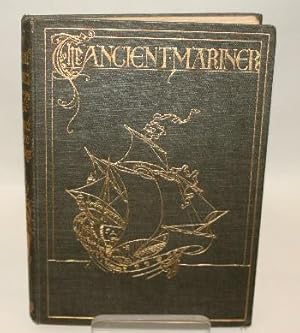



He became dependent on laudanum, a form of opium. Coleridge’s marriage to Sara Fricker in 1815 eventually went awry, and he fell in love with Sara Hutchinson. In the same year he devised a plan with the poet Robert Southey to establish a society of equals ruled by all, a “pantisocracy,” in Pennsylvania, a plan that rapidly dissolved. In 1794 he left Cambridge University without completing his degree. Indeed, Coleridge’s genius was somewhat thwarted by his eccentric character and his tendency to undertake ambitious projects that proved abortive. Other critics have viewed Coleridge’s efforts as a philosopher as haphazard and irrelevant to his essential literary-critical insights. The Biographiais an eclectic work, combining intellectual autobiography, philosophy, and literary theory some critics have praised the insight and originality of this work, viewing Coleridge as the first English critic to build literary criticism on a philosophical foundation, which he derived from German idealist thinkers such as Immanuel Kant, and German Romantics such as Schiller, the Schlegels, and Schelling. His literary criticism includes detailed studies of Shakespeare and Milton, and a highly influential text, Biographia Literaria (1817). Much of his thinking on philosophical issues is contained in his Logic. He also wrote on educational, social, political, and religious matters in his Lectures on Politics and Religion (1795), Lay Sermons (1816), and On the Constitution of the Church and State(1829).

In poetry he is best known for compositions such as The Rime of the Ancient Mariner, Frost at Midnight, Christabel, and Kubla Khan, as well as Lyrical Ballads(1798), which he co-authored with Wordsworth. The genius of Samuel Taylor Coleridge extended over many domains.


 0 kommentar(er)
0 kommentar(er)
